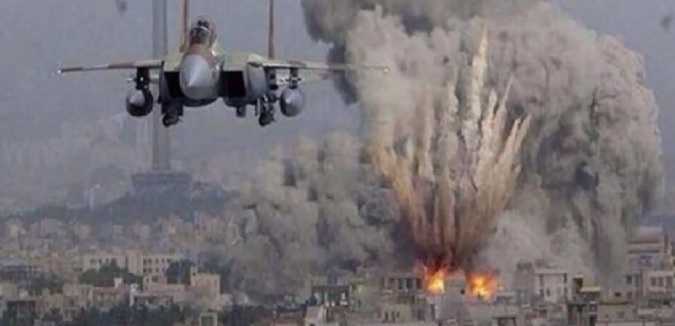A second consecutive night of Israeli air strikes against top Gaza Strip terrorists eliminated what the Jerusalem Post described as “three of Hamas’s most important military commanders.”
The assassination of three of Hamas’s most important military commanders in an Israeli air strike is the worst and most painful blow dealt to the movement’s armed wing, Izzadin Kassam, in recent years.
The liquidations – in which Israel targeted among others veteran terrorists Muhammad Abu Shamala and Raed al-Attar – took place within a day of an air strike against Hamas’s military chief Mohammed Deif. Hamas claims Deif survived, but has admitted that Shamala and al-Attar were killed. The operations have been almost universally assessed as operation and intelligence coups for the Israelis, which will immediately and in the long-term erode Hamas’s ability to wage war.
Chemi Shalev, the U.S. editor of Israel’s left-leaning Haaretz newspaper, described the consensus as one under which the assassinations had plunged Hamas into an “unprecedented crisis of confidence and capability.”
Veteran Arab affairs journalist Avi Issacharoff went further, emphasizing that that Shamala and al-Attar “were not mere senior commanders” but instead “long-term veterans with experience and knowledge that cannot be easily replaced.”
This was not just another strike, not just another assassination. The killing of the three constituted an indication that something in the intelligence discipline at the very top of the Izz ad-Din al-Qassam Brigades has cracked.
It can be assumed that whether or not Muhammad Deif is still alive, those members of the Hamas military leadership who have survived are now desperately trying to figure out what went wrong.
Assassination attempts against terror group leaders – successful or not – inevitably erode those groups’ command and control capabilities, as top figures become suspicious of each other and scale back their electronic communications. One theory currently being floated is that Deif had been located due to a phone call that came from Khaled Meshaal, who Hamas describes as the head of its political bureau.
Jonathan Schanzer, vice president for research at the Foundation for Defense of Democracies (FDD), noted on Twitter that the scenario runs against the suggestion – occasionally aired in some parts of the Western foreign policy community, and found among other places in British laws regarding Hamas – that there is a genuine and robust division what Hamas calls its military and political wings.
Meshal call led IDF to Deif. Now, about that firewall between the military and political wings…
— Jonathan Schanzer (@JSchanzer) August 21, 2014
[Photo: Skendong / YouTube]




